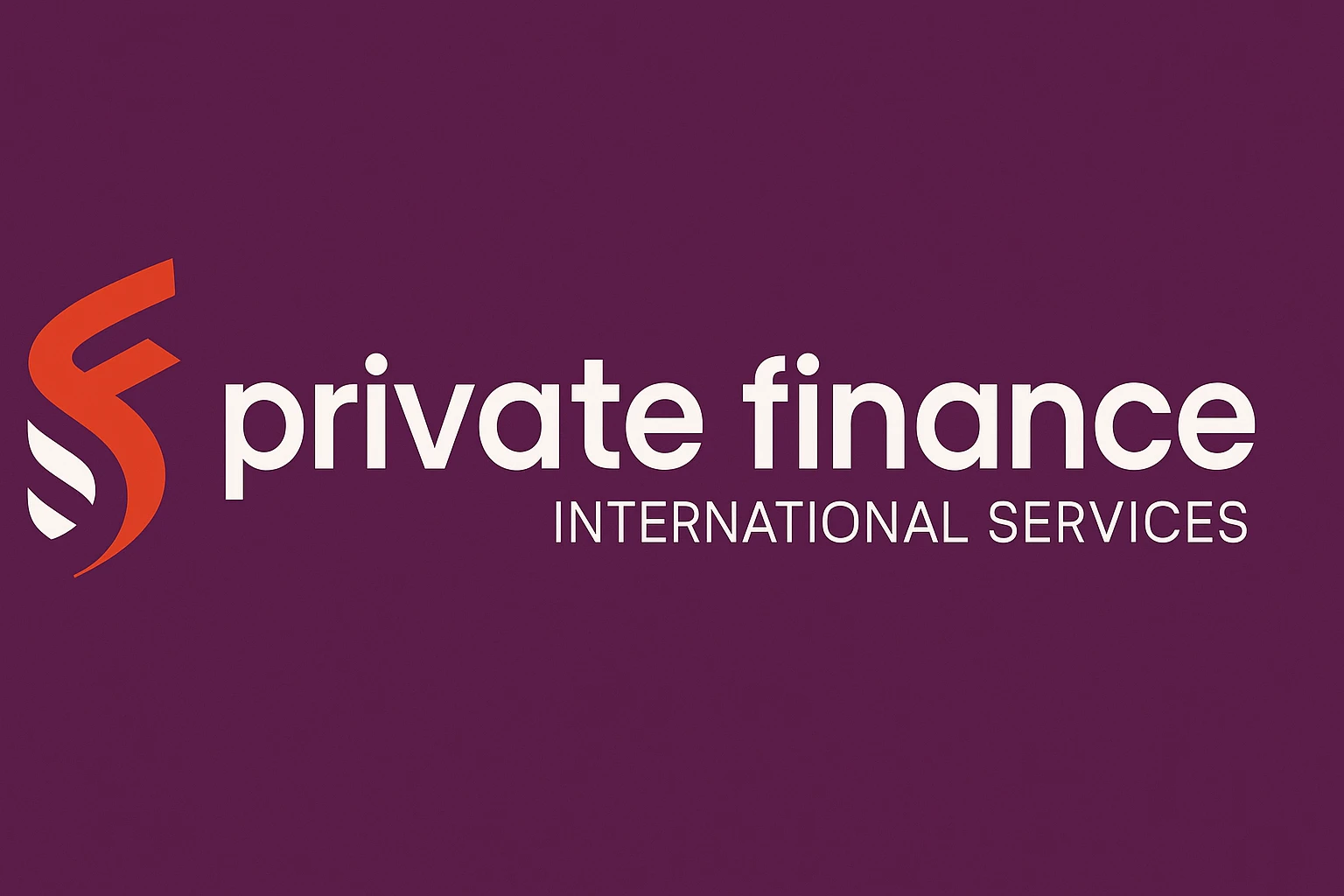Animation has moved from novelty to necessity in courtrooms. Jurors expect clear, visual explanations of complex events, and counsel need tools that cut through confusion.
When built on solid data and paired with credible testimony, animations can clarify timing, motion, and causation in ways transcripts cannot. Use visuals to illuminate facts without overstating what the science can prove.

Why Animation Shows What Words Miss
Spoken descriptions are linear, and collisions are not. An animation lets jurors see speed, angles, and human factors at once. It compresses long chains of events into digestible moments, which helps people connect causes to outcomes.
The strongest visuals mirror the record and never get ahead of it. In motor vehicle cases, counsel rely on visual strategies like High Impact collision visuals to stage trajectories, sight lines, and occupant motion. The technique helps a judge track how each animated element ties back to data.
Animations make it easier to test alternative theories. By swapping inputs like speed or lane position, counsel can show how small changes affect impact dynamics. The jury sees what matters and what does not.
When an Animation Is Evidence Vs. Illustration
Courts draw a line between demonstrative aids and substantive proof. When counsel wants the court to treat a simulation as evidence, the foundation must be stronger.
A practical guide stresses three checks for admission. The visual should fairly reflect the testimony, it should help the factfinder understand the issues, and its probative value should outweigh any prejudice. That framework signals what to avoid: overbroad claims, hidden assumptions, or cinematic effects that distract from facts.
In practice, it translates into measurements and reliable sources, and you confirm the visual logic step by step. Don’t forget to state limits clearly. If a segment is illustrative only, label it as such and keep it distinct from segments that derive directly from tested data.
Keeping It Fair Under Rule 403
Even accurate visuals can be excluded if unfairness outweighs usefulness. Rule 403 gives judges the power to keep the trial focused on facts and to curb spectacle. The risk rises when clips are vivid or scored like entertainment.
Commentators on evidence emphasize proportionality. If a two-minute loop inflames emotion, a ten-second sequence may do the job without the downside. Editing for restraint shows respect for the rule and for the jury.
Judges look for transparency. Clear captions, neutral camera angles, and steady pacing reduce the chance that a juror reads more into the scene than the data supports. That is how counsel keeps the balance on the probative side.
How Format Shapes Juror Understanding
Visual format influences comprehension as much as content. Research on forensic presentations has found that when complex medical details are shown with clear, structured visuals, jurors understand and recall more. The right medium can lighten cognitive load and make key mechanisms stick.
In collision cases that involve biomechanics, jurors who see the sequence of forces on the body are less likely to confuse cause with correlation. Clean diagrams and short motion loops focus attention on what changed at impact instead of everything happening around it.
Building Reliability Into Every Frame
Reliability starts before a single pixel moves. Gather physical measurements, vehicle specs, roadway geometry, and scene photos. Document sources and version data sets. That audit trail is boring by design, and it pays off when the other side challenges assumptions.
Align motion with math. If speed is derived from skid marks, show the range and choose a conservative value. If camera footage has motion blur, explain how you handled it. When counsel narrates these choices, the jury sees discipline.
A Simple Workflow That Keeps You Honest
Getting the workflow right prevents most admissibility problems. It saves time because you build review gates into the process.
- Define the purpose first – illustrate testimony, test a theory, or present a simulation tied to calculations.
- Collect and lock data sets – measurements, photos, scans, EDR pulls, and reports.
- Draft a storyboard – list each shot with its data source and testable claim.
- Render an alpha cut – grayscale models, no textures, basic motion only.
- Run expert review – mark deviations, add ranges, and error bars.
- Finalize with restraint – neutral palette, steady camera, clear labels.
Each step has a checklist and a sign-off. The structure helps both sides understand what the animation says and what it does not say.
Presenting Visuals In the Courtroom
Plan for the room you will actually use. Sight lines, screen size, and lighting can turn precise work into mud if left to chance. Test in position and bring backups for hardware and files.
Sequence matters. Start with a static diagram to set orientation, and show a short motion clip tied to that diagram. Pause for testimony, then replay the same clip with a single addition. The rhythm keeps everyone engaged without overload.

Animation earns trust when it follows the facts, not the other way around. Build with restraint, label limits, and let the science set the tempo. Do that, and you will help the court see the dispute as it unfolded.

















